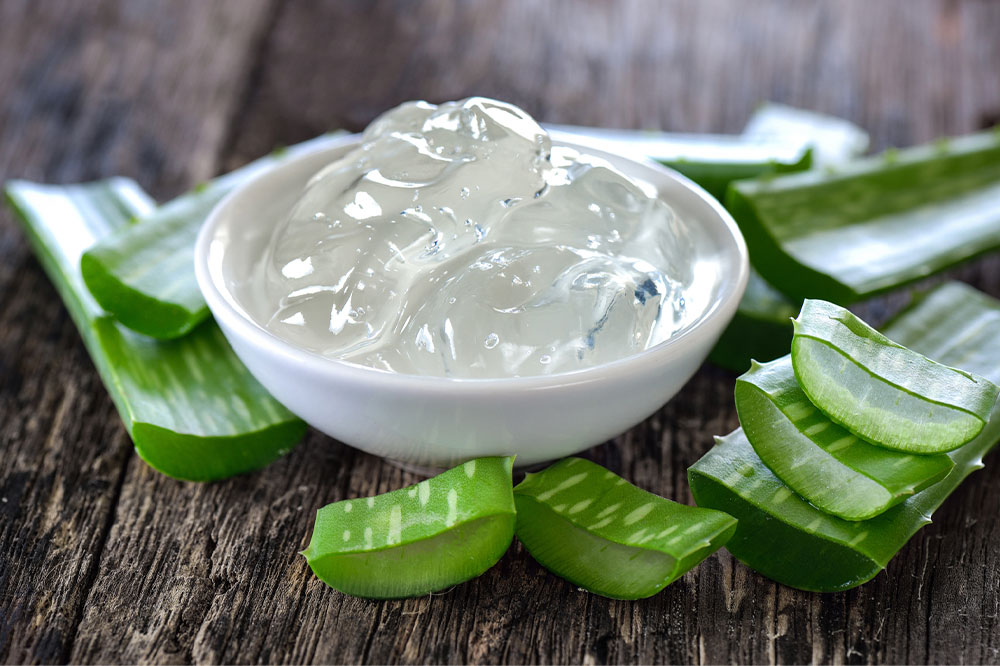Comprehensive Approaches to Managing Psoriasis Symptoms
Discover effective strategies for managing psoriasis symptoms through medical treatments and natural remedies. This article covers essential treatments, including topical creams, light therapy, medications, and natural approaches like herbal remedies and moisturizers. Understanding psoriasis triggers and personalized management plans can significantly improve quality of life for sufferers. Learn how to control flare-ups and promote healthier skin with expert advice tailored to various severity levels. Explore proven and natural solutions to help manage this chronic skin condition effectively.

Comprehensive Approaches to Managing Psoriasis Symptoms
Effective methods for controlling psoriasis symptoms
Psoriasis is a long-term skin disorder marked by red, flaky patches that can develop anywhere on the body. It is a non-contagious autoimmune condition driven by an overactive immune response. Though a cure remains elusive, symptoms can be alleviated through medical treatments and natural remedies.
Understanding Psoriasis
This condition results from rapid skin cell turnover, leading to thickened, silvery flakes. Common triggers include minor injuries, emotional stress, infections, and immune system issues.
External factors such as cuts and stress can trigger flare-ups. Skin renewal accelerates from 10-30 days to just 3-4 days, causing buildup and raised, scaly patches. Psoriasis often appears in young adulthood and recurs periodically, mainly affecting areas like the scalp, elbows, knees, and lower back, and sometimes involving nails.
Doctors tailor treatment plans based on severity, age, and overall health, including topical medications, oral drugs, or light therapy.
Topical Treatments
Various ointments and creams help alleviate symptoms:
Salicylic acid
Facilitates scale removal but may cause irritation if overused on large areas.
Calcipotriene
A vitamin D analogue that slows skin cell growth to reduce plaques.
Coal tar
Helps diminish scaling but might irritate scalp skin.
Retinoids
Support pore clearing and reduce inflammation, though dryness can occur.
Steroid creams
Commonly prescribed to lessen inflammation and itching; potent formulations may thin the skin over time.
Light Therapy
Severe cases might benefit from UV-based therapies such as PUVA and UVB. While PUVA combines psoralen with UVA light, concerns over skin cancer have shifted preference towards UVB due to its safety profile.
Medication Options
In intense cases, oral or injectable drugs may be necessary:
Retinoids are effective but require caution among women planning pregnancy.
Biologics, derived from proteins, provide targeted therapy but can be costly.
Immunosuppressants like cyclosporine or methotrexate help control immune response, with possible side effects.
Natural Remedies
Alongside conventional medicine, natural options can support symptom relief:
Diluted apple cider vinegar may soothe scalp itching if no open wounds are present.
Bath salts, such as Dead Sea or Epsom salts, can calm irritated skin; follow with moisturizer.
Applying banana peels can offer relief for some lesions.
Oatmeal pastes can reduce inflammation and soothe the skin.
Chamomile tea's anti-inflammatory qualities may assist in symptom management.
Castor oil mixed with baking soda can help heal certain lesions.
Aloe vera gel, potentially combined with garlic oil, may accelerate rash healing.
Nourishing oils like olive or coconut oil provide moisture for affected skin.


